As President of the Harvard Black Law Students Association, this summer was difficult in many ways as a Black woman in leadership. The Supreme Court rulings attacked my womanhood while I was simultaneously reminded that Black life is political. However, I recognize our organization’s position as Black students educated at Harvard Law, and I want to say that our silence this summer should not be read as acquiescence or complacency.
The Harvard Black Law Students Association is appalled by the Supreme Court’s overturning of Roe v. Wade, Casey v. Planned Parenthood, and Miranda v. Arizona, amongst other precedent. The Supreme Court’s decisions demonstrate that personal autonomy, health, safety, and civil rights are neither stable nor guaranteed under the Constitution. The blatant disregard for the lives of many in the United States, especially Black people, is disheartening. Though the United States has always relied on the voices of a few to determine the freedoms of many, the Supreme Court rulings call into question the legitimacy of the law, our future profession, and Harvard Law School.
Four out of the nine Supreme Court justices attended Harvard Law School. These lifetime appointments remind us of the weight that Harvard’s name carries and the burden we bear to build the lawyers of the next generation. Harvard must be more deliberate in its pedagogy and refine how students discuss topics in the classroom. The Harvard name should enable graduates the opportunity to create a better world; however, it is evident this is not happening.
I wanted to become a lawyer because I understood lawyers’ power to create positive societal change. The ability to read the law and knowledgeably argue for or against a topic is a gift that law students perfect, and lawyers execute throughout their careers. Yet, to see the legal education we are proud of used in ways that divide society, reinforce stereotypes, create barriers of entry, and promote prisons as rehabilitation centers is disgusting.
This year I endeavor to hold Harvard Law School and Harvard University accountable. We will continue to plan meetings with the administration about Harvard and the Legacy of Slavery Report, the unfair summer contribution policy, and the development of rules about hate speech from professors and our peers, to name a few. We will not let the legacy of this institution continue to be our future. We will expose the facade that Harvard Law School and Harvard University uphold until they make the institution equitable for all students.
At the same time, the Harvard Black Law Students Association will create intentional moments and space for Black joy. Black students deserve to be students who do not live life in a perpetual state of politics. We belong at Harvard Law School, and our existence does not always have to be at odds with the university. As we embark on the 2022-2023 Academic Year, I am excited and hopeful that we will take steps toward making Harvard and the world a more just place.
Dara J. Ferguson
HBLSA President 2022 – 2023
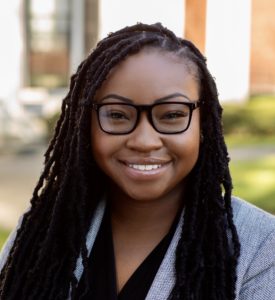

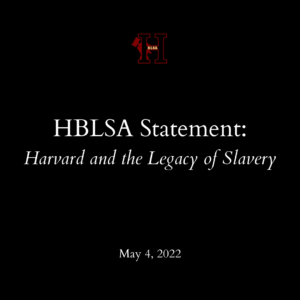
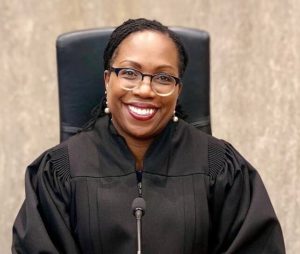
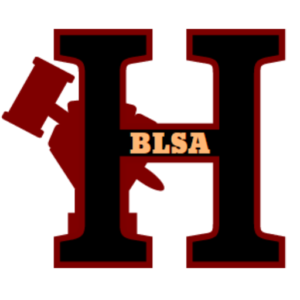
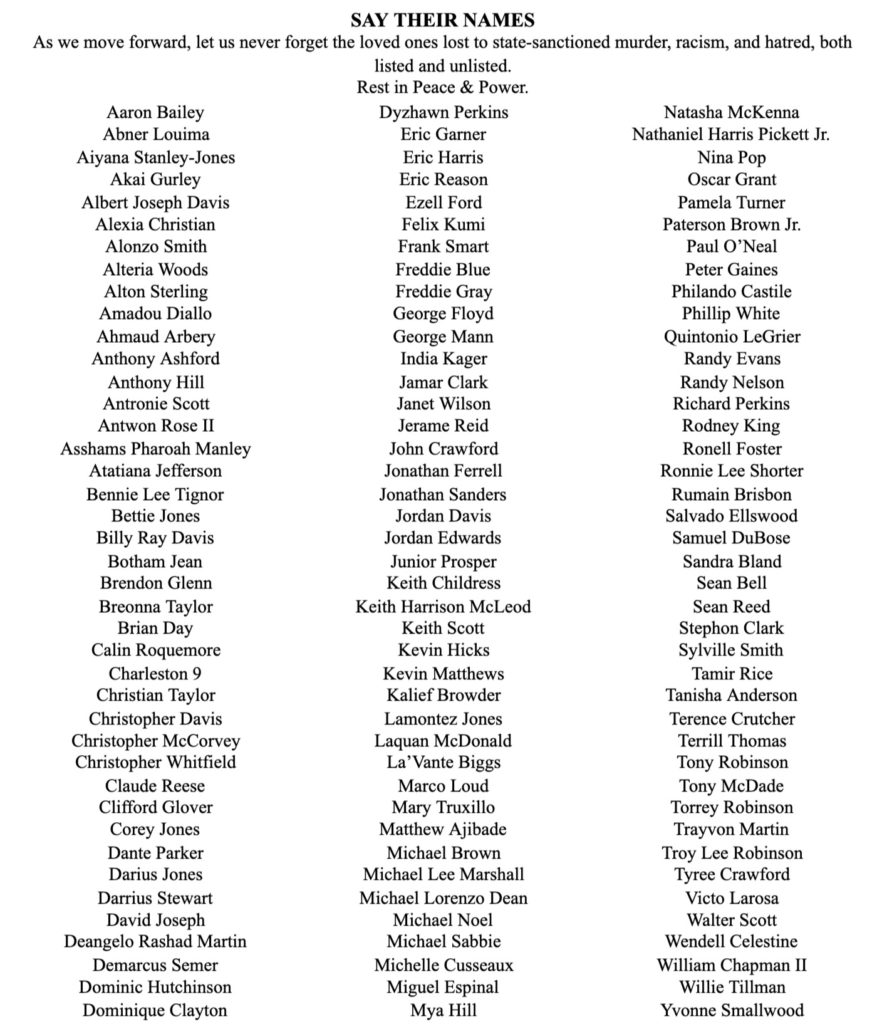
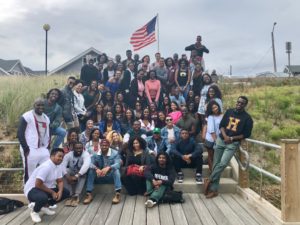
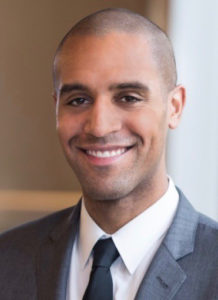 Professor Nikolas Bowie (JD ’14) is an assistant professor of law at Harvard Law School. This fall, Professor Bowie is teaching a course on Local Government Law. In the spring, he will teach courses on Federal Constitutional Law and State law.
Professor Nikolas Bowie (JD ’14) is an assistant professor of law at Harvard Law School. This fall, Professor Bowie is teaching a course on Local Government Law. In the spring, he will teach courses on Federal Constitutional Law and State law.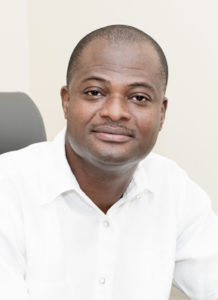 Professor Raymond Akongburo Atuguba joins Harvard Law School as the Henry J. Steiner Visiting Professor in Human Rights for the 2018–2019 school year. He received both his Master of Laws (LL.M) and Doctor of Juridical Sciences (SJD) Degrees from Harvard Law School in 2000 and 2004. He is currently an Associate Professor at the School of Law, University of Ghana, where he has taught since 2002.
Professor Raymond Akongburo Atuguba joins Harvard Law School as the Henry J. Steiner Visiting Professor in Human Rights for the 2018–2019 school year. He received both his Master of Laws (LL.M) and Doctor of Juridical Sciences (SJD) Degrees from Harvard Law School in 2000 and 2004. He is currently an Associate Professor at the School of Law, University of Ghana, where he has taught since 2002.